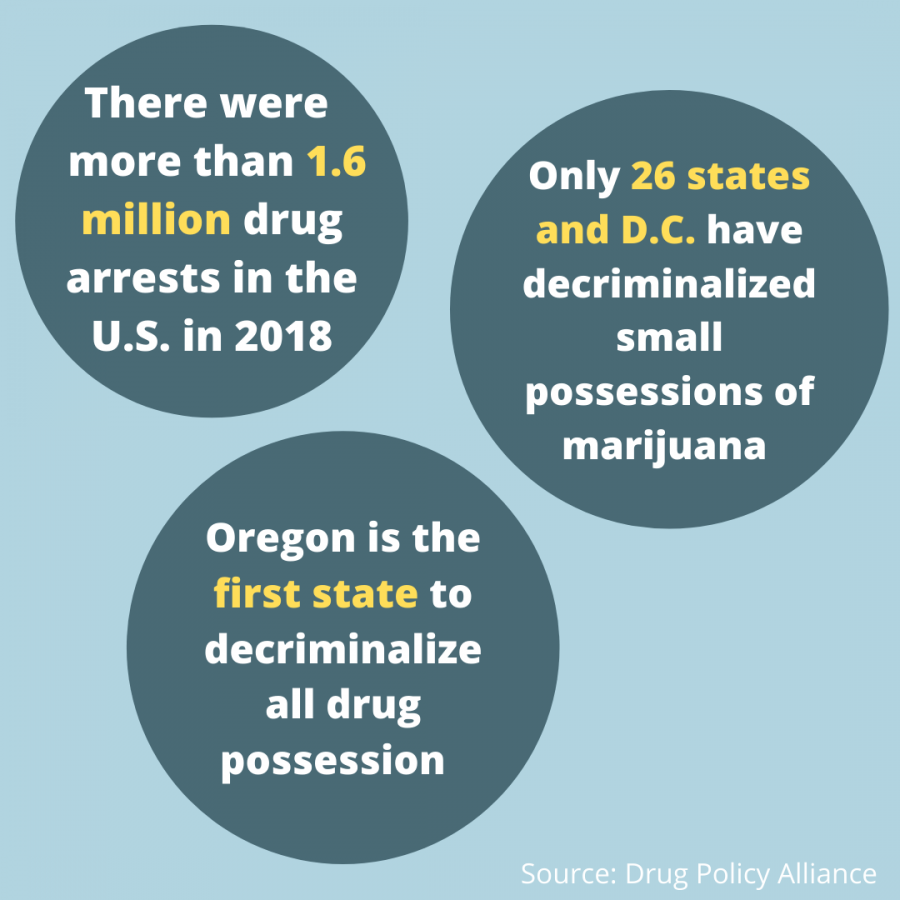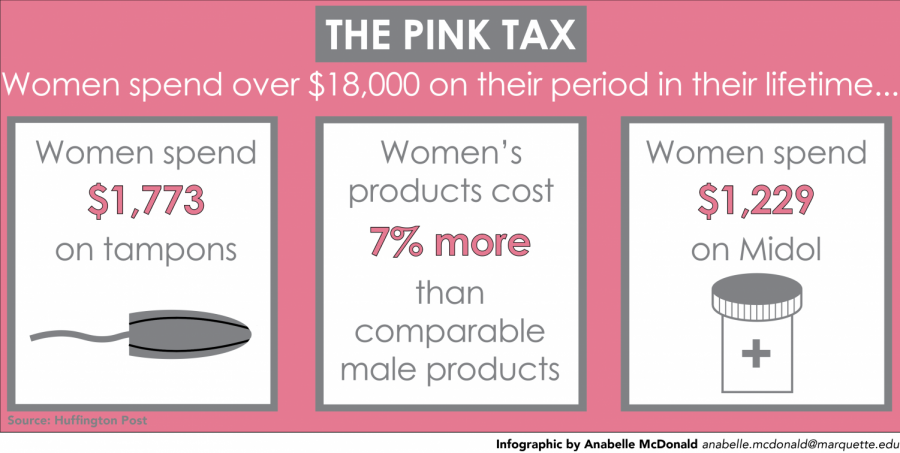Thirty-three Wisconsin GOP lawmakers are calling for an audit of Wisconsin’s Department of Corrections’ early release program.
The lawmakers claim the program failed to work as advertised when three inmates who were released ended back behind bars shortly afterward.
As of August, 210 inmates had been released, but 21 of those released have been detained for possible parole violations.
With this relatively high number, about 10 percent, a call for the audit from the lawmakers has intensified.
The program began in January, with the purpose of saving $30 million by releasing anywhere from 500 to 1,000 inmates by 2012. It can cost up to $25,000 a year to house an inmate, while only $5,000 to keep them on parole.
Joe Andreoni, a junior criminal justice major at St. Louis University, said he generally supports audits and reviews, and this program in particular.
“If a person serves his full term behind bars, then he’s just thrown back into society (with) no supervision, no help, (and is) on his own, that’s bad news,” Andreoni said. “With the early release, you have parole and supervision.”
People in favor of the early release program believe that structured life after release can benefit society overall as well as reduce costs.
“I think that (the program) is a good idea if the inmates have a good chance of finding a legitimate job and being a productive member of society,” said Dave Neugent, a senior in the College of Arts & Sciences. “They focus more on whether or not an inmate is stabbing other inmates rather than important factors like, schooling counseling and psychiatric help.”
Dan McLennon, a second-year law student, said the benefits of the program outweigh the relapse of three inmates that have been put back into jail.
However, he said he believes there can be changes to the program that offer a nice middle ground, giving incentive to keeping the program running as well as keeping the inmates straight.
“I think that inmates who are released and then commit crimes immediately afterward should have harsher sentences,” he said.
Detaining less people overall could cut costs even more effectively and keep the streets safe, Neugent said.
“The system needs to stop throwing people in a cell and not looking at the source of these people’s problems,” Neugent said. “It’s been really successful in Missouri and their model has started to be put into place throughout the country in places like D.C., Oregon and a few other states.”
With such a high crime rate, Andreoni said he thinks there may be better options than throwing people in jail.
“The United States of America has the highest incarceration rate in the world,” Andreoni said. “Yet violent crime is a greater problem in the U.S. than anywhere. Most of the prisoner population is drug offenders … (chances are) when you mix up low ladder drug pushers with violent offenders, (it messes) up any chance drug offenders have of rehabbing.”




